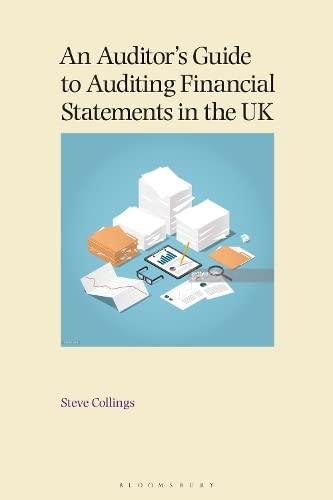Super Surfboard Manufacturers CC owned the following non-current assets at the beginning of the year ending 31 December 2019: DESCRIPTION ACQUISITION DATE COST 1. 4 Forklifts 01/07/2017 R50 000 each 2. Delivery vehicle 01/09/2018 R81 000 3. Land 01/01/2017 R750 000 4. Manufacturing plant 01/03/2017 R1 500 000 3. The depreciation policy of these non-current assets were as follows: 1. Forklifts at 25% p.a. on the straight line with no residual value. 2 Delivery vehicles at 33% p.a. on diminishing balance with no residual value. Land is not depreciated. 4. Manufacturing plant at 10% p.a. on the straight line with R15 000 residual value. During the current financial year the following transactions occurred: One forklift was scrapped on the 31 March 2019, due to engine damage that was not considered worthwhile to repair. 1 2. The delivery vehicle was sold on 31 August 2019 for R65 000 cash. Super Surfboards Manufacturers CC needed a much bigger truck to deliver an increased number of surfboards. A new delivery vehicle was purchased for R180 000 on the same day and paid for by EFT. REQUIRED: (a) Prepare entries in general journal form, without narrations, to record the transactions and adjustments on 31 March 2019 and 31 August 2019, which are necessary from the information in point's No. 1 and No. 2 above. The end of year adjusting entry for depreciation is not required. (10) (b) Prepare the profit and loss summary account as it would appear in the ledger of Surfboard Manufacturers CC for the year ended 31 December 2019, assuming a gross profit for the year of R983 000 (744) (c) On 23 March 2020 Super Surfboard Manufacturers CC purchased equipment with a catalogue price of R375 000. In line with the terms agreed upon with the supplier, the equipment was delivered on 27 March 2020 and additional costs were incurred to get the equipment ready for use. These costs include transport costs, R10 000, installation costs, R20 000 as well as the cost of fuel. R5 000 required to run the equipment. The asset became available for use on 31 March 2020 but because of the national lockdown, the asset was only brought into use on 1 June 2020. The bookkeeper was not sure how to record these costs and approached you for assistance Explain to the bookkeeper what entries should be done to record each of these costs, giving the reason why different categories of costs are treated (recorded) differently. Explain also to the bookkeeper the date the recording of depreciation should commence. (4%) Note: Show all workings clearly Work to the nearest R1







